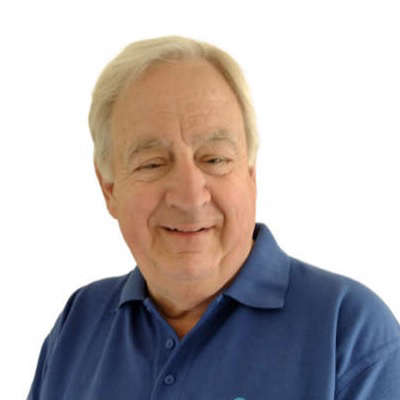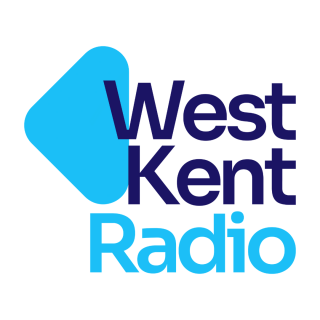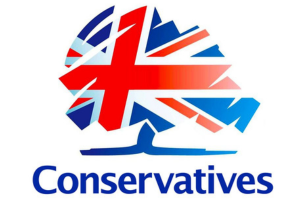
The Conservatives are bracing themselves for a major Liberal Democrats challenge
The Conservatives are bracing themselves for a major Liberal Democrats challenge in Tunbridge Wells at next May’s county council elections.
The Lib Dems see the opportunity to take some of the six divisions having experienced a surge in popularity in recent years.
They won control of the borough council in May and Mike Martin was returned as an MP in a constituency always thought to be true blue.
The party – which won more than 70 seats in parliament at the general election – sees the opportunity to be the largest minority group at Sessions House, Maidstone, next May.
If the Labour Party and the Green Party do as well as predicted, some insiders say a “rainbow alliance” could emerge if the Conservatives lose 20 or more of their 59 seats in a chamber of 81.
The Tory association’s newly appointed chairman William Rutherford told members recently he is “determined to regain political momentum” with a desire to win back control of the borough council and retake the parliamentary seat by 2029.
A “strategy plan” will be presented to the executive council in August to outline fundraising and member engagement over five years.
Mr Rutherford wrote to members: “Next year, we have Kent County Council elections and we know that the Liberal Democrats will be challenging in every seat.
“It is vital that we select candidates as soon as possible…”
August 16 has been set as the cut off date by when names will go forward to match candidates to seats.
Mr Rutherford added: “I do not underestimate the challenges we face ahead but we have a strong association with dedicated volunteers and a healthy balance sheet.
“I am confident that together we can succeed.”
The Conservatives are worried that their poor standings in the polls and Reform UK’s intent on a big push in the south-east, particularly in Kent where the party polled well in July, might prove to be electorally difficult.
Cllr Antony Hook, the Lib Dem group leader at KCC, said there are a number of variables to play in the run-up to the KCC elections.
He said: “It’s a long way to May and a lot can change. We have a brilliant team on the ground in Tunbridge Wells and we’d like to take several of those seats.
“We seem to appeal to moderate Conservatives and if the Tories career off to the right, we’d hope to be able to persuade them to stick with us.”
Reform UK remains an issue for the Tories after hoovering up more than 14% of the national vote.
The Lib Dems secured 34% of the vote at the Tunbridge Wells borough elections compared to The Conservatives’ 29%. The left of centre vote totals 55%.
The Conservative members are aware a Reform vote can split the vote.
Currently, there are six Conservatives in the Tunbridge Wells divisions – James McInroy (West), Becki Bruneau (South), Sarah Hamilton (Central), Peter Oakford (North), Paul Barrington-King (East) and Sean Holden (Cranbrook).
Cllr Holden, who is not standing in May, said: “I can be pretty sure, or as sure as anyone can be, that Cranbrook won’t change hands but as for the others in Tunbridge Wells, I cannot say.
“In the meantime, by next May, we will have had another year of Lib Dem incompetence and mismanagement running the borough council.”
Observers often cite the success of Reform UK’s earlier incarnation as UKIP in 2013 when a surge of popularity, led by Nigel Farage, saw the party win 17 seats from a zero start.
One senior Tory confided: “Forget the Lib Dems and forget the Greens and the Labour lot …the big threat is Reform UK. They could lose us seats all over the place.
“Whether or not you like him, Nigel Farage is one of the most exciting politicians of his generation. He’ll be popping up like a Jack-in-the box in Kent and that will be bad news for us.
“They may only get a few seats, perhaps none at all, but like the general election, they could have a massive impact on the outcome for us.”
Many experienced Conservatives fear they will lose about 30 of their councillors and will enter the race for County Hall having had to make savage cuts to services that the electorate use.
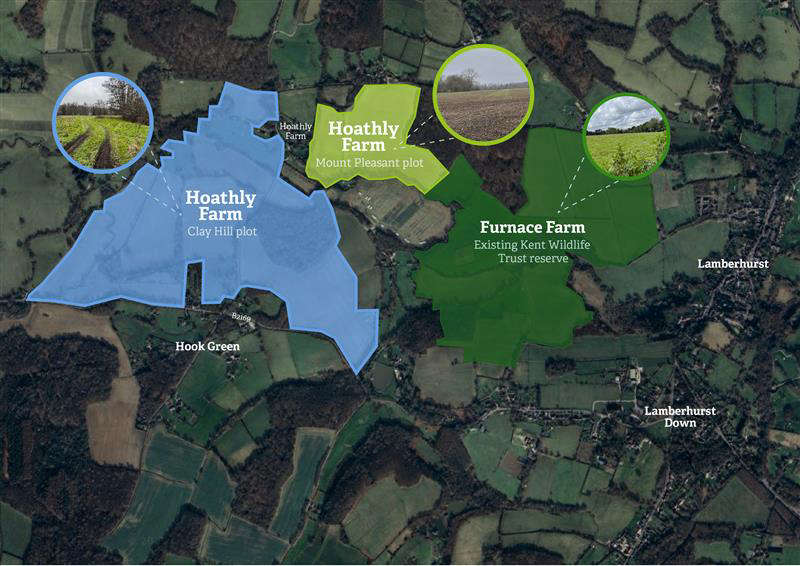 Boost to Biodiversity
Boost to Biodiversity
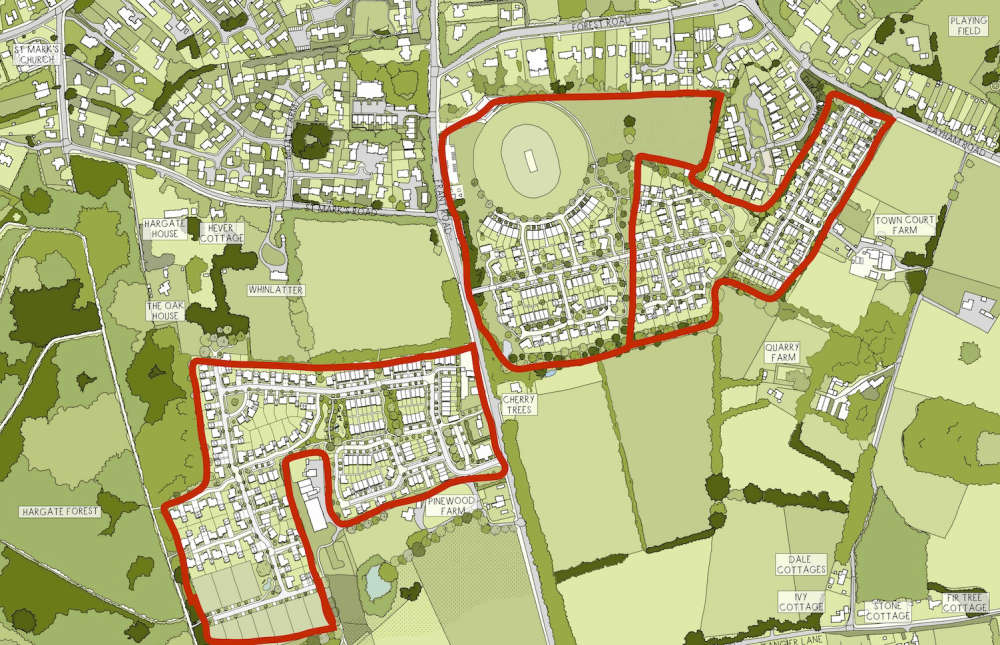 MP concerned by "Housing Crisis"
MP concerned by "Housing Crisis"
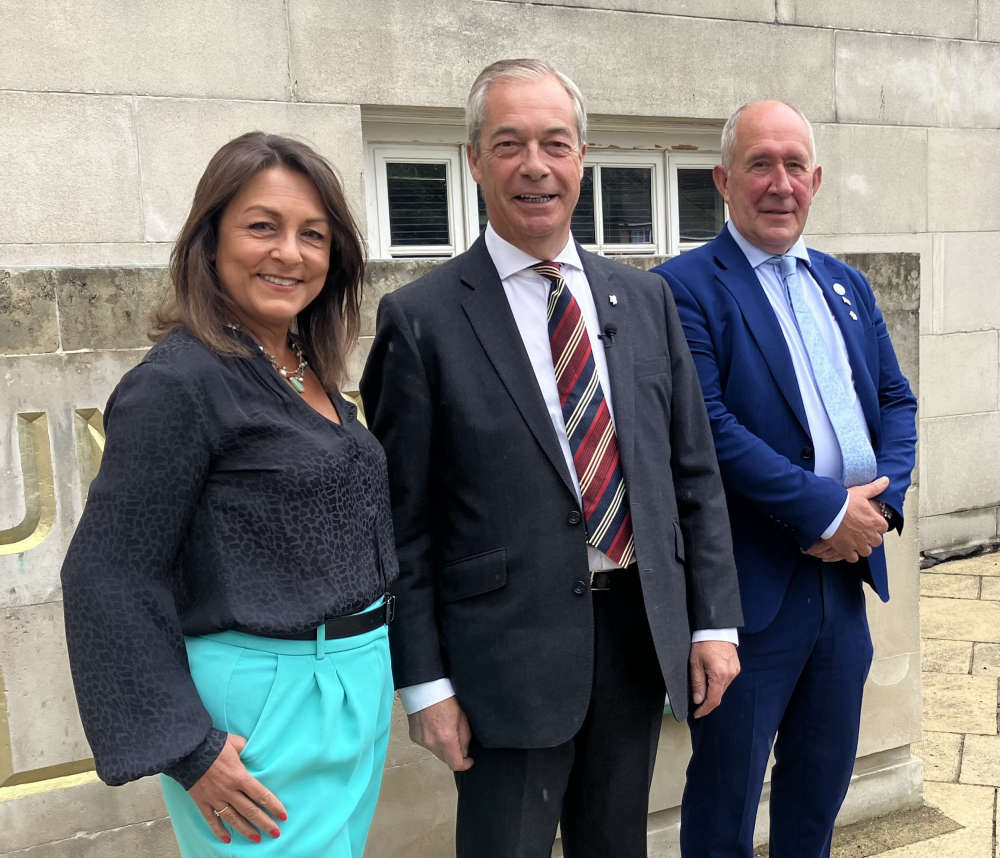 Reform UK's Big Plan
Reform UK's Big Plan
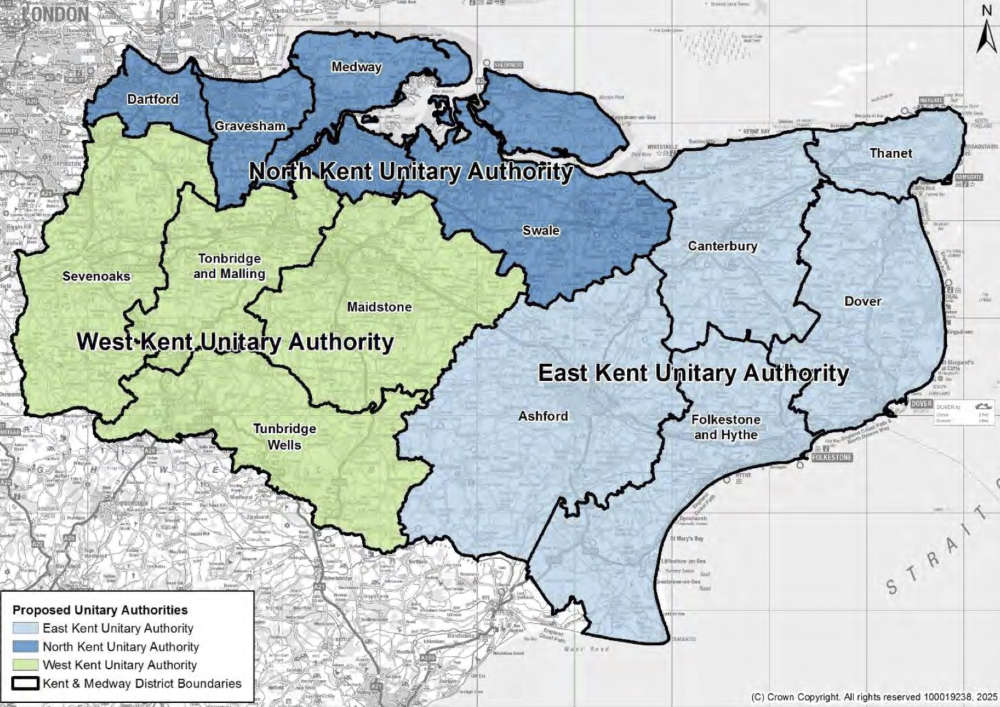 West Kent Unitary Authority Nearer
West Kent Unitary Authority Nearer
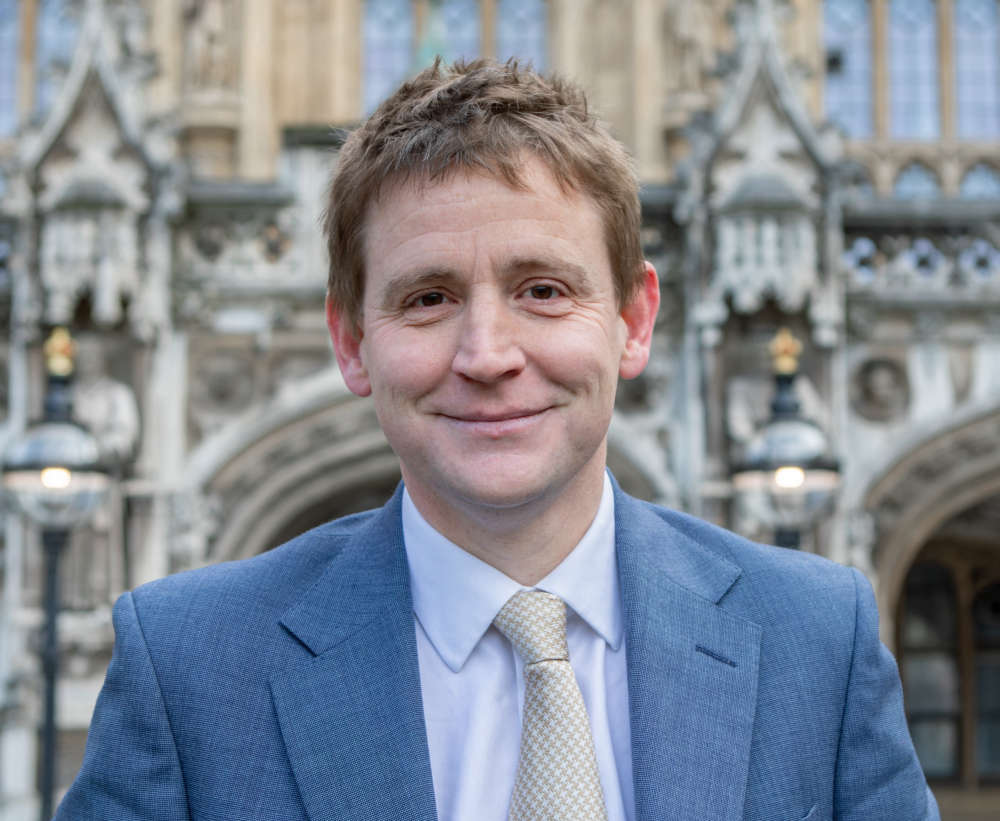 MP's Views on Migration Policy
MP's Views on Migration Policy
 Boost For Local Conservatives
Boost For Local Conservatives
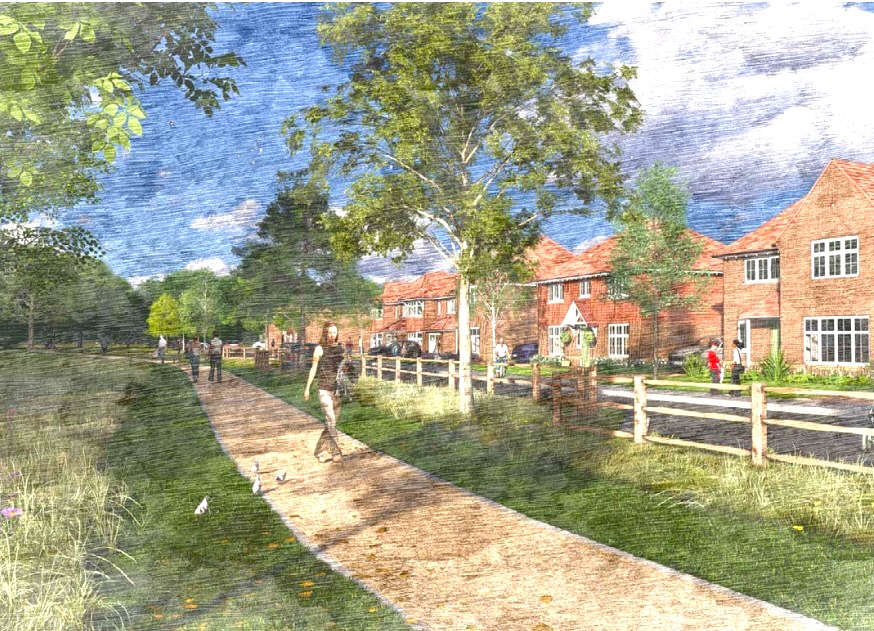 100 Homes for Hadlow
100 Homes for Hadlow
 500th Park Run in Dunorlan
500th Park Run in Dunorlan
